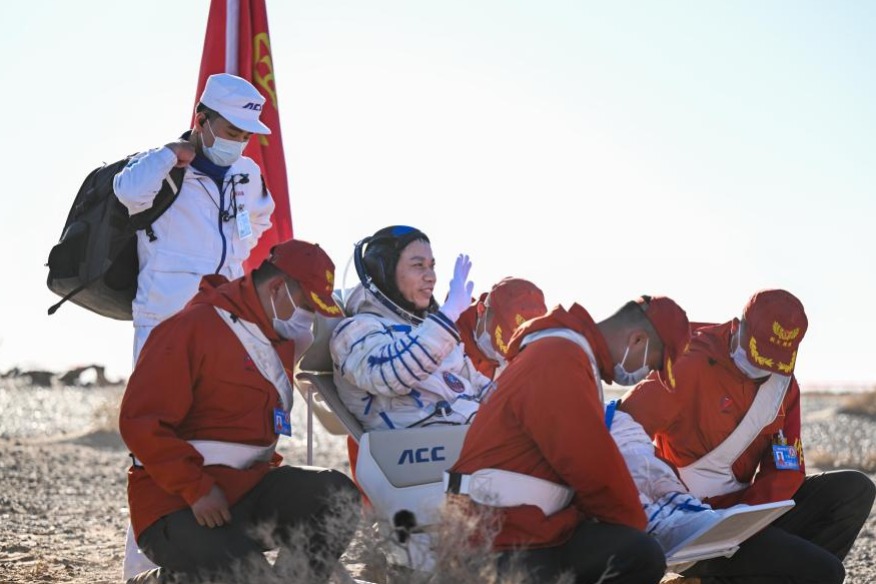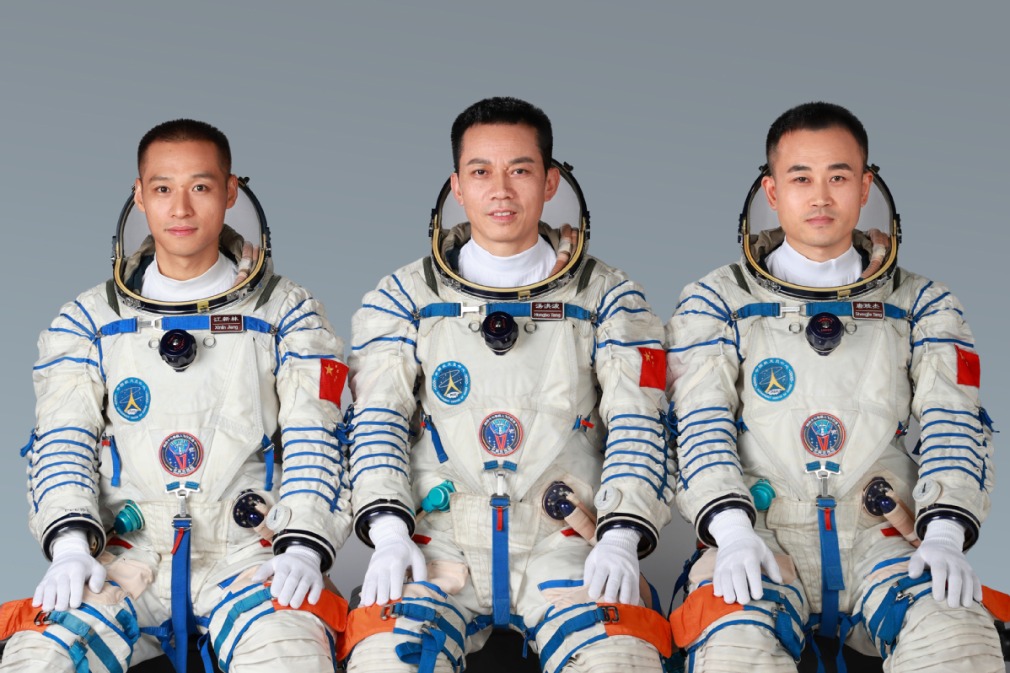EU farming subsidies 'doing damage'
By JONATHAN POWELL | China Daily Global | Updated: 2024-04-03 09:30
The European Union invests four times more funds in animal farming than it does in plant cultivation, making environmentally harmful diets cheaper, according to research.
A study published on Monday by the online journal Nature Food has revealed that more than 80 percent of public funds allocated to farmers under the EU's Common Agricultural Policy, or CAP, were directed toward animal products, despite the negative impact they have on society.
Researchers concluded that the CAP subsidy program, which rewards those farms that occupy more land with more funding, leads to detrimental consequences for a transition toward sustainable food practices.
Previous studies have shown that a low-emission food system transition toward more plant-rich diets is urgently needed and may even result in greater food security, researchers said.
The Nature Food study pointed out that the EU, which aims to establish Europe as the first climate-neutral continent by 2050, allocates almost one-third of its total budget to CAP subsidies, reported The Guardian newspaper.
"The vast majority of that is going toward products which are driving us to the brink," said Paul Behrens, an environmental change researcher from Leiden University in the Netherlands, and co-author of the study.
He pointed out the EU continues to uphold this system, despite facing an environmental crisis. By doing so, he added, the EU is essentially "incentivizing the worst-case scenario".
Researchers discovered that livestock farming occupies more space than plant cultivation and inefficiently utilizes crops that could have been consumed directly by people.
Beef production, for example, demands 20 times more land to produce the same amount of protein compared to nuts, and 35 times more than grains.
To make their calculations, researchers connected subsidy data to a food database held from 2013, to track public funding throughout the supply chain.
The CAP has undergone two reforms since 2013, but the allocation of direct subsidies for animal-and plant-based foods has remained consistent, said researchers.
Alan Matthews, a professor of European agricultural policy at Trinity College Dublin, criticized the research for oversimplifying the economic mechanisms at play, reported The Guardian.
He said the study assumed that subsidies were entirely factored into the prices of traded commodities.
European authorities have recently relaxed various green policies in response to protests by farmers across the continent over the cost-of-living crisis.
A significant component of the EU's green initiative suffered a major setback recently when eight countries withdrew their backing for a nature restoration law.
On Tuesday, EU member states endorsed a proposal to postpone certain environmental requirements that farmers must adhere to in order to obtain subsidies.
Marco Springmann, a researcher at Oxford University's Environmental Change Institute, said the shift toward healthier and more sustainable diets should also benefit the farmers involved in food production.
























